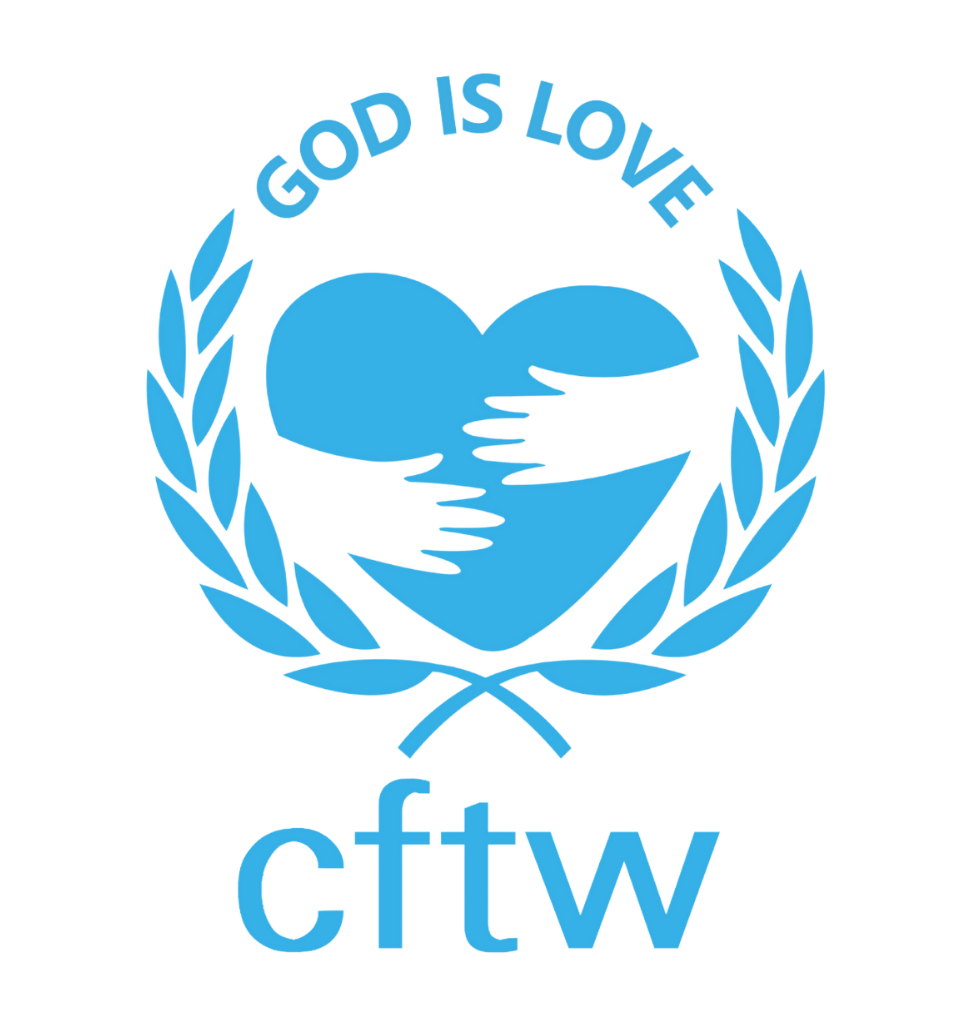Introduction
Across the globe, women often find themselves in underprivileged positions when it comes to education. Many women are denied basic access to schooling, and with this comes a lack of ability to read or write. Even if a family contains a man who is literate, women being unable to perform these tasks has wide-ranging impacts on communities and nations.
Some countries continue to struggle with literacy in general; less than 20% of Niger’s population can read and write, and Ethiopia remains under half. Men globally lead women by as much as 8% in terms of literate population, and only approximately 11% of women in African and Indian communities have received sufficient education to read and write.
Developing greater literacy among women is a crucial issue, not only because equal access to education should be a basic human right but also because literacy improves life outcomes. When most nations are made of somewhere around 50% women—and those women are uneducated—the average education level of the population decreases, and problems that could be solved with enough scientists and researchers may be neglected.
Similarly, many women who cannot read or write live in impoverished communities, particularly in Africa and India. If these women were educated, they could turn their abilities into income generation and provide better outcomes for themselves and their families. This would boost their entire community and create positive influences.

Causes and After-Effects of Low Female Literacy
Across the world, women face many challenges in seeking equal education. In areas suffering from poverty, many women cannot spare the time to attend schooling when they must help to care for family—whether their own children or their siblings and older relatives. In India, public schooling facilities do not have separate bathrooms for women; as a result, as many as 23% of girls stop their education once they reach puberty since they do not have the resources they need to cope with menstruation at school.
For some, physical access to a school is a problem when the only location is far away from their homes. For others, child marriage places a burden on their ability to continue their education. The reasons that women are globally less literate are many, and the effects are lasting.
Women who did not attend schooling tend to raise female children who will also drop out of schooling. This keeps families in a cycle with little to no upward mobility or improvement in their circumstances, as education is not opening the way to greater income opportunities. A nation with half of its population unable to reach their full potential cannot solve problems with the same speed, efficacy, and utility as a nation with a higher literacy rate. In fact, if India were to improve learning outcomes for women and encourage females to study in order to join the workforce like their male counterparts, the country could expect an estimated $770 billion growth in the GDP in the next five years.

What Can WE Do?
Those of us who have been raised literate—and you have, if you are reading this—may struggle to understand what we can do to bring necessary education to young women around the world. Women in Africa and India continue to struggle to attend schooling due to a number of issues that may seem simple to solve, such as providing needed menstrual products, building schools close to communities, and prohibiting female children from being responsible for housework for the entire day. However, these issues are more complex than they may appear, and many of the communities struggling with this problem live on less than $2 per day—not enough income to generate substantive change for themselves.
Instead, it is primarily the role of NGOs and charitable organizations to lend a helping hand to improve outcomes for these young women. CFTW is one organization that is passionate about providing support to the whole person, not just by offering financial assistance and education but also spiritual healing and mental help. CFTW has been hard at work building schools so that more students have greater access; these schools have appropriate facilities, such as separate bathrooms, to encourage young women to continue attendance.
If you would like to do your part to help solve the problem of female literacy around the world, consider a donation to charitable organizations like CFTW. If you are not in a financial position to make this contribution, you can also make a difference by volunteering your time or offering a needed service that you are skilled at so that charities can spend time accomplishing their goals for these young women.

